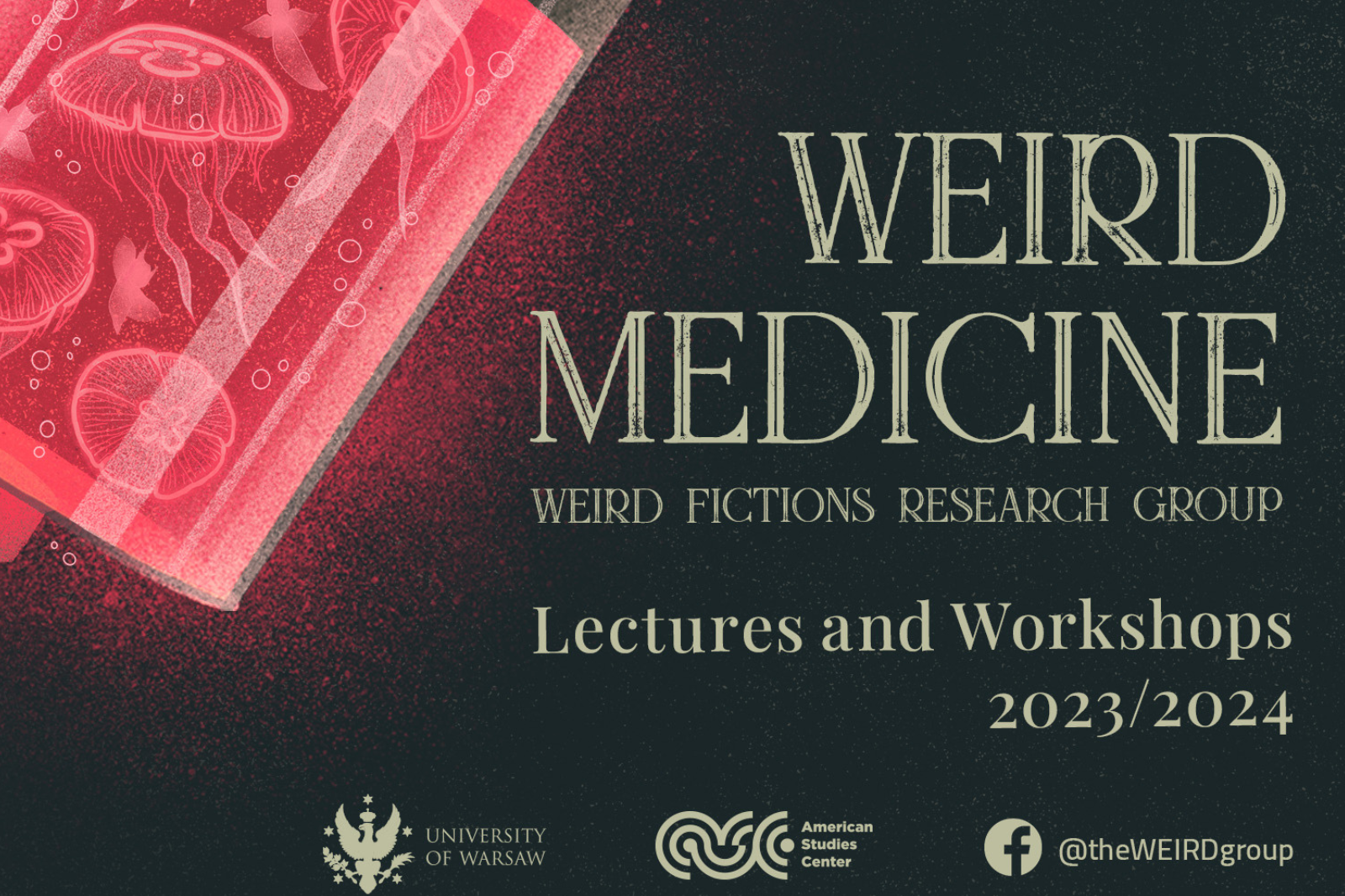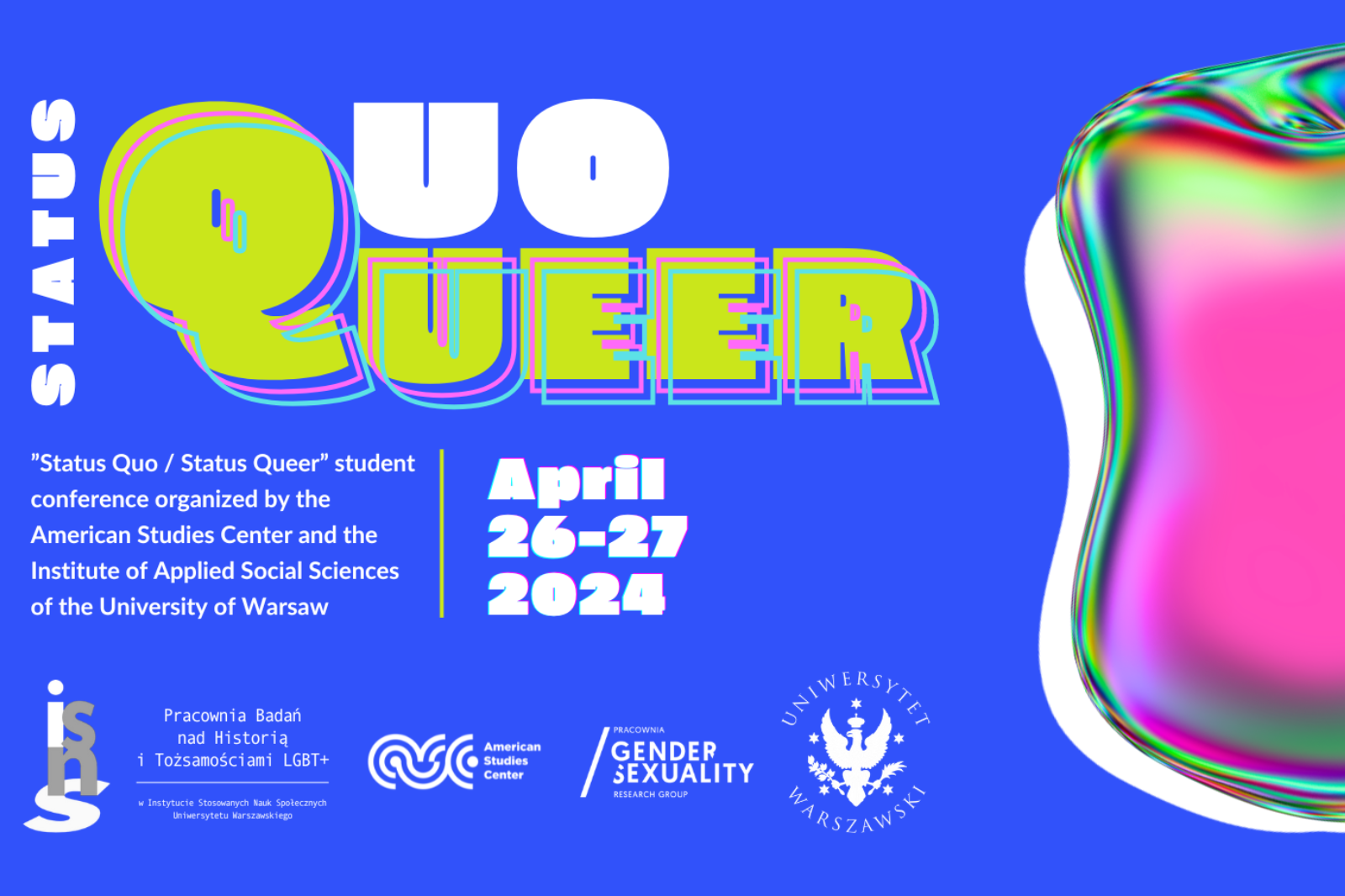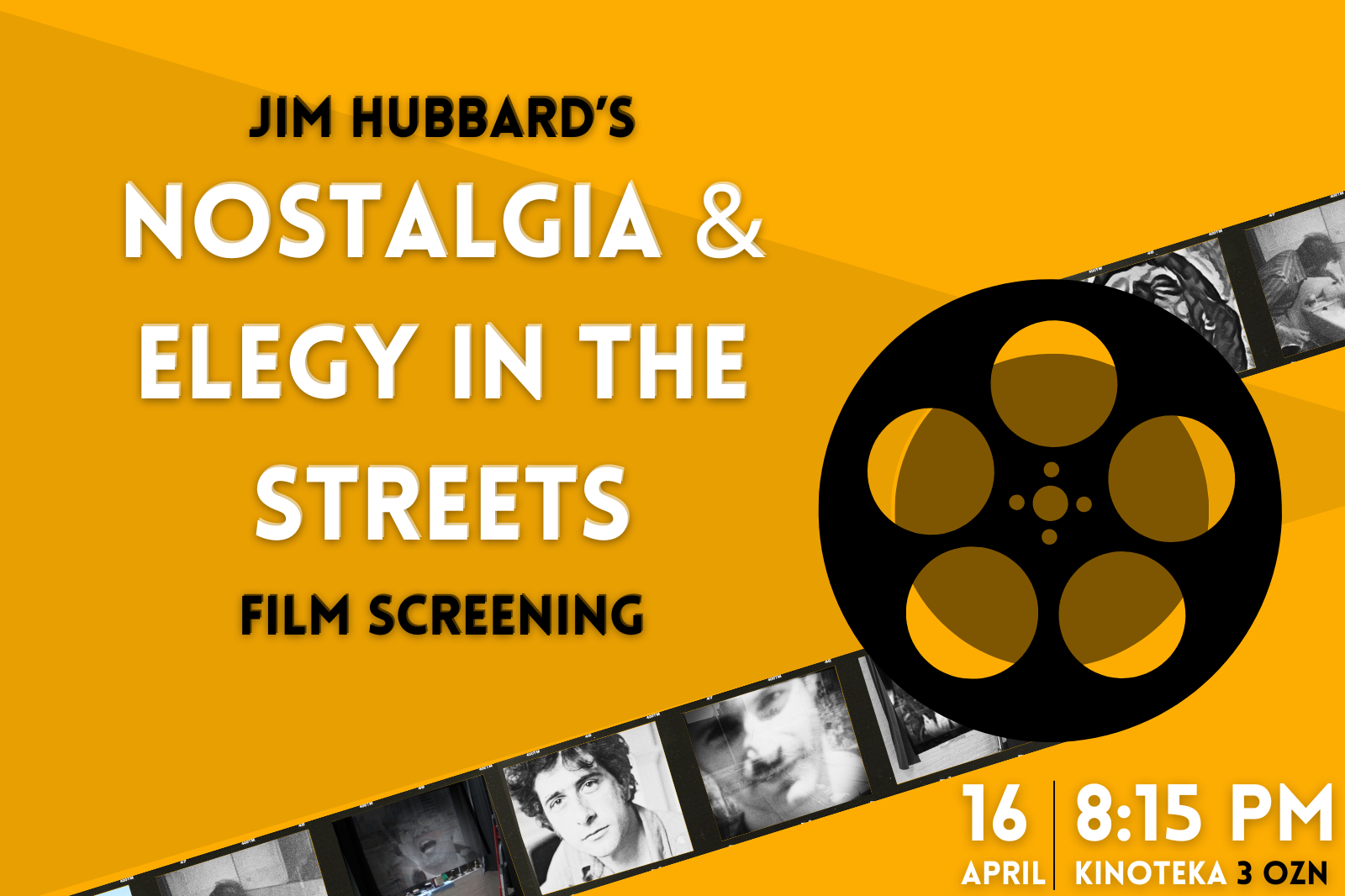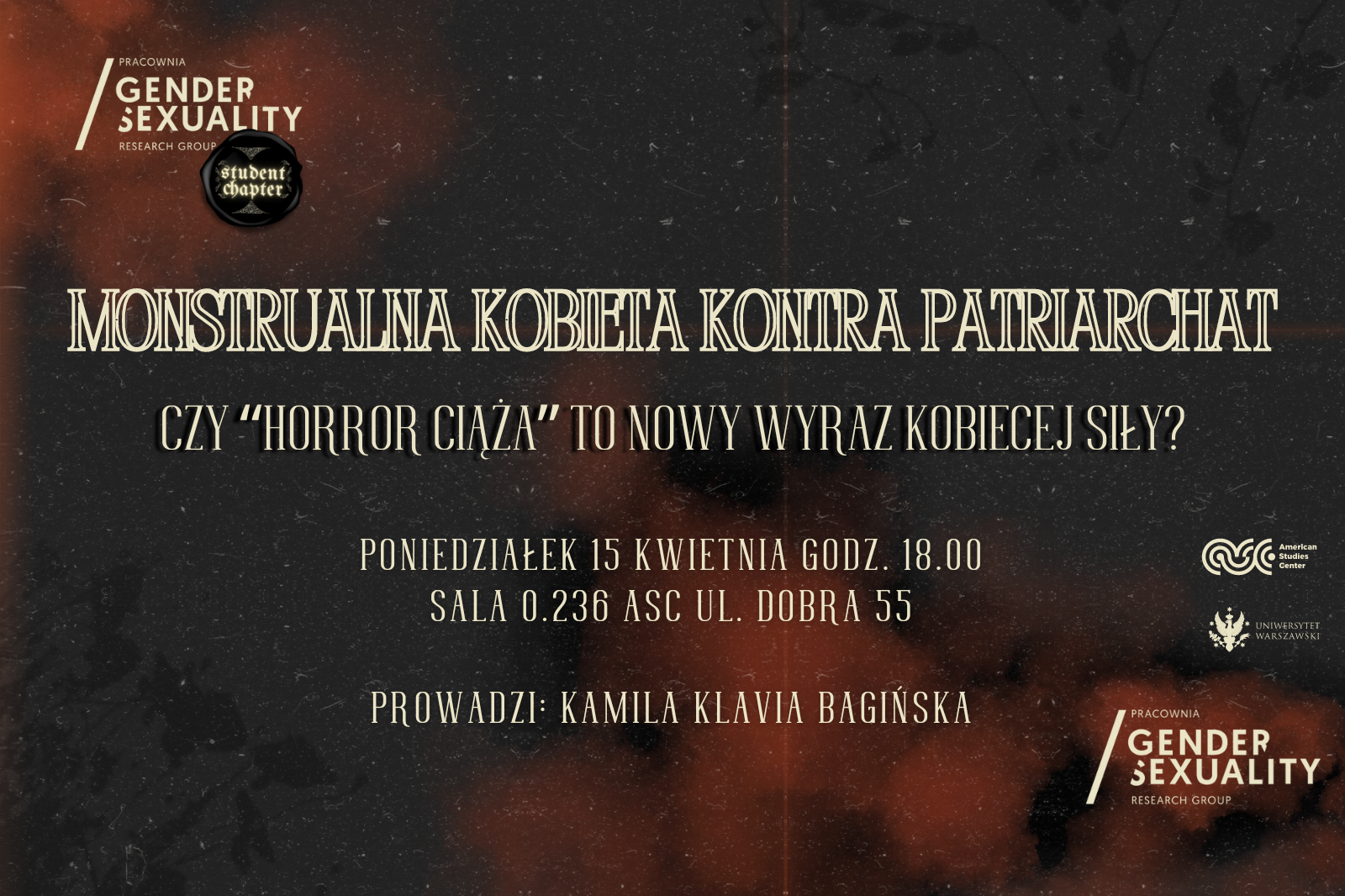Weird Fictions Research Group proudly invites you to the next “Weird Medicine” event!
Kamila Klavia Bagińska
Pregnant with an Abject Fetus: Disruptiveness of the Patriarchal Order in “Rosemary’s Baby” and Halsey’s “If I Can’t Have Love, I Want Power”
Tuesday, April 11, 2024
5:15PM
You can get 3 OZN points for participating in this event.
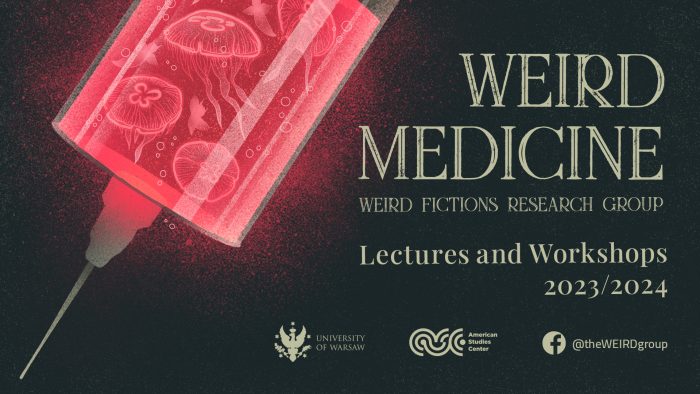
Where?
Dobra 55, Room 2.118
(the building features some mobility accommodations: ramp and lift)
What?
Going against the blissful representation of pregnancy, the horror genre offers a multitude of tropes that show the “horrors of pregnancy.” My talk will focus on the theme of the dangerous fetus in two movies on monstrous gestation – Rosemary’s Baby (1968) and Halsey’s independent movie If I Can’t Have Love, I Want Power (2021). I argue that within the patriarchal model of society, once a woman gets pregnant, she is no longer treated as a person but just a body carrying the fetus.
Based on Julia Kristeva’s theory of abjection and Barbara Creed’s “monstrous feminine,” I will explain the relation between the abject fetus trope and the horrifying descriptions of female sexuality, which results in images like vagina dentata. My main focus here will be to underline the transgressions of a patriarchal “selfless mother” role.
Finally, I want to connect the dangerous fetus trope with the abortion rights debate. I claim that in horror pregnancy narratives the treatment of women as a “vessel” for the fetus diminishes the pregnant person’s role in society, thus gives the fetus more social power. What is at stake here is that the monstrosity of the fetus gives a choice to either comply with patriarchal standards of motherhood or reject it for the price of being treated as “dangerous” for the system.
Who?
Kamila Klavia Bagińska (she/her) graduated from the American Studies Center at the University of Warsaw and is currently an MA student at the ASC. She focuses on politics and gender in audiovisual culture, with particular attention to transgressive femininity and motherhood. Her undergraduate thesis, which she worked on during her semester at Freie Universität Berlin, examined the theme of “horror pregnancy” as a critique of the patriarchal societal order. She is also a co-founder of the Student Chapter of Gender/Sexuality Research Group at the University of Warsaw.
